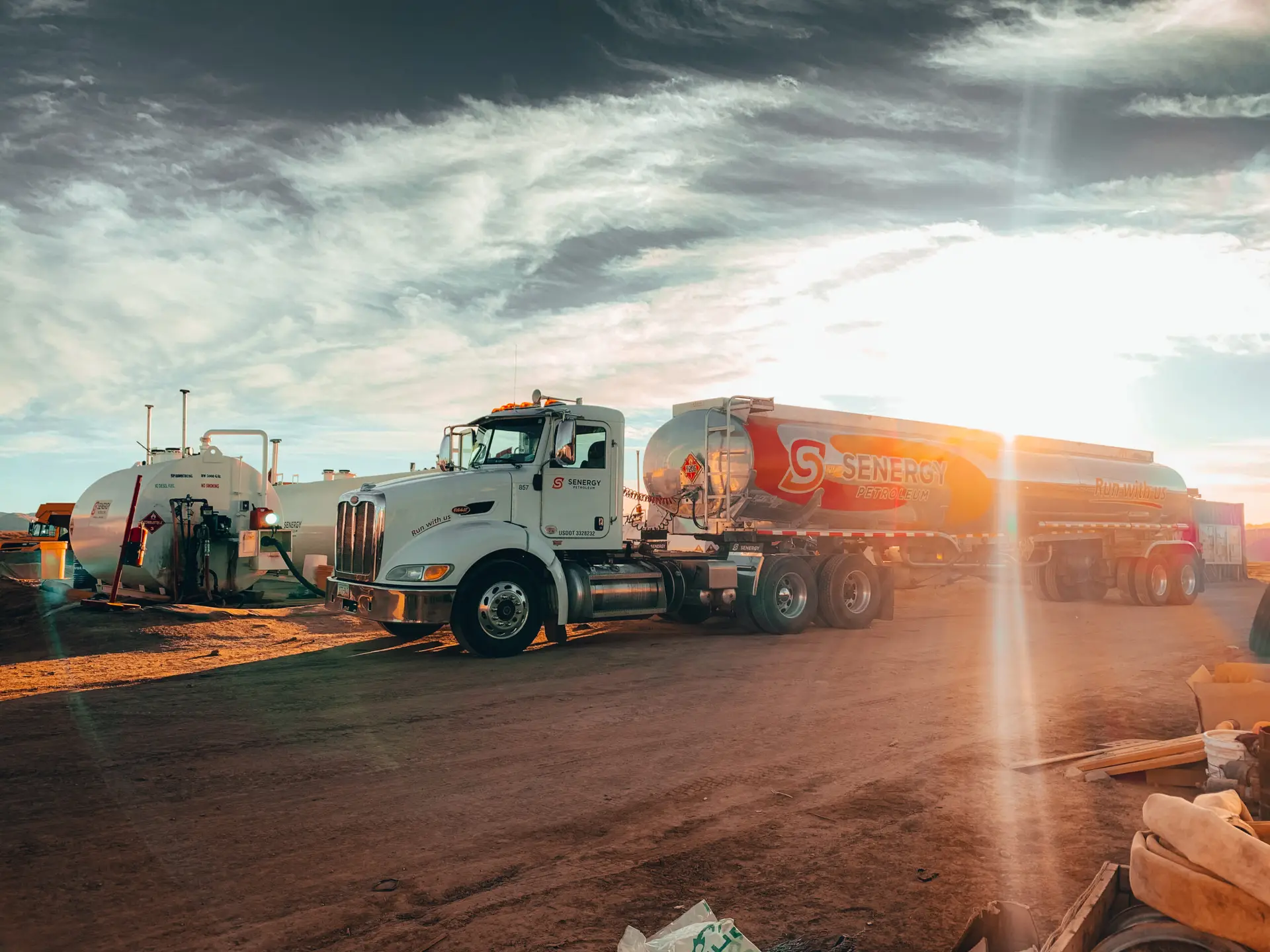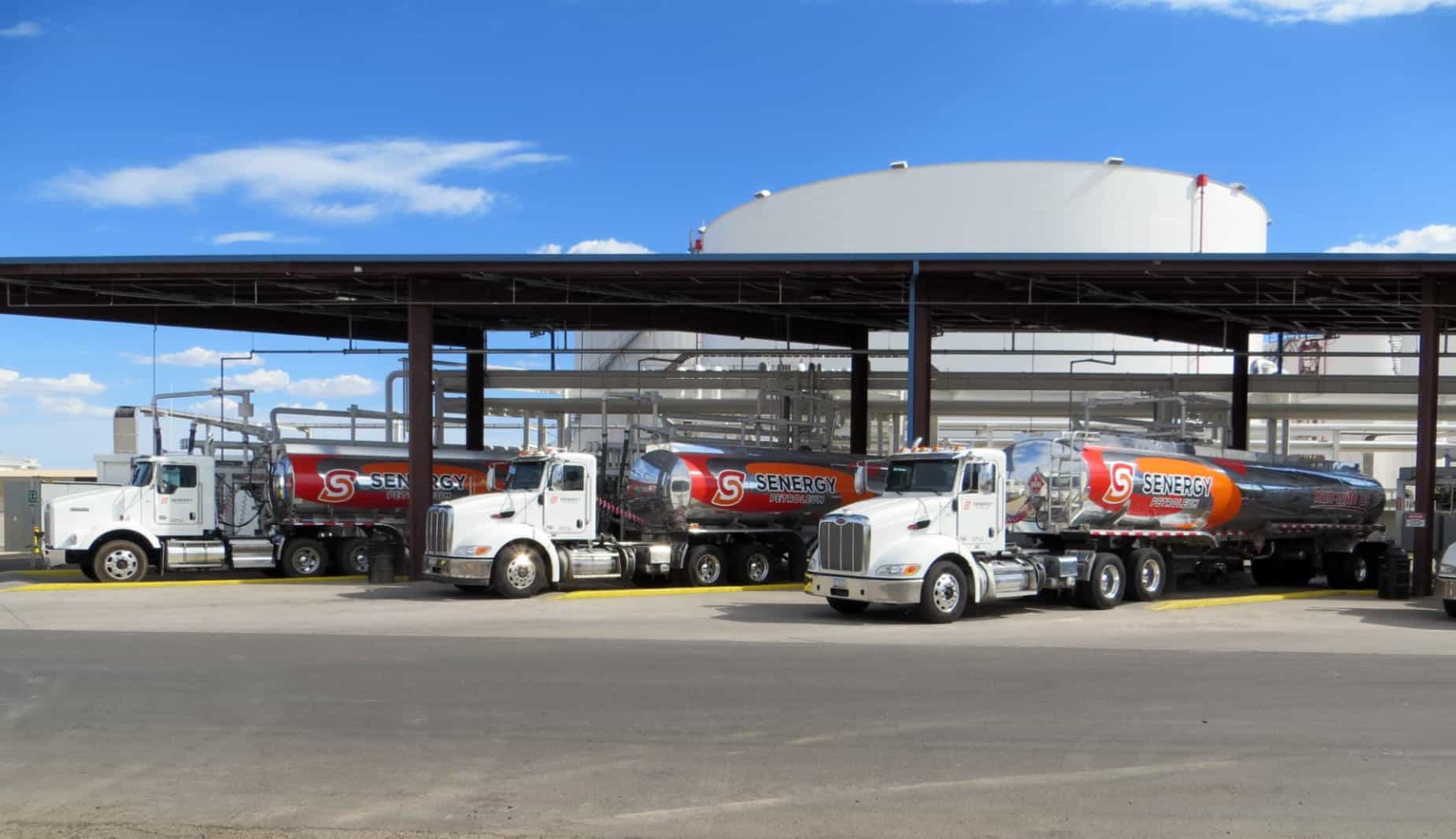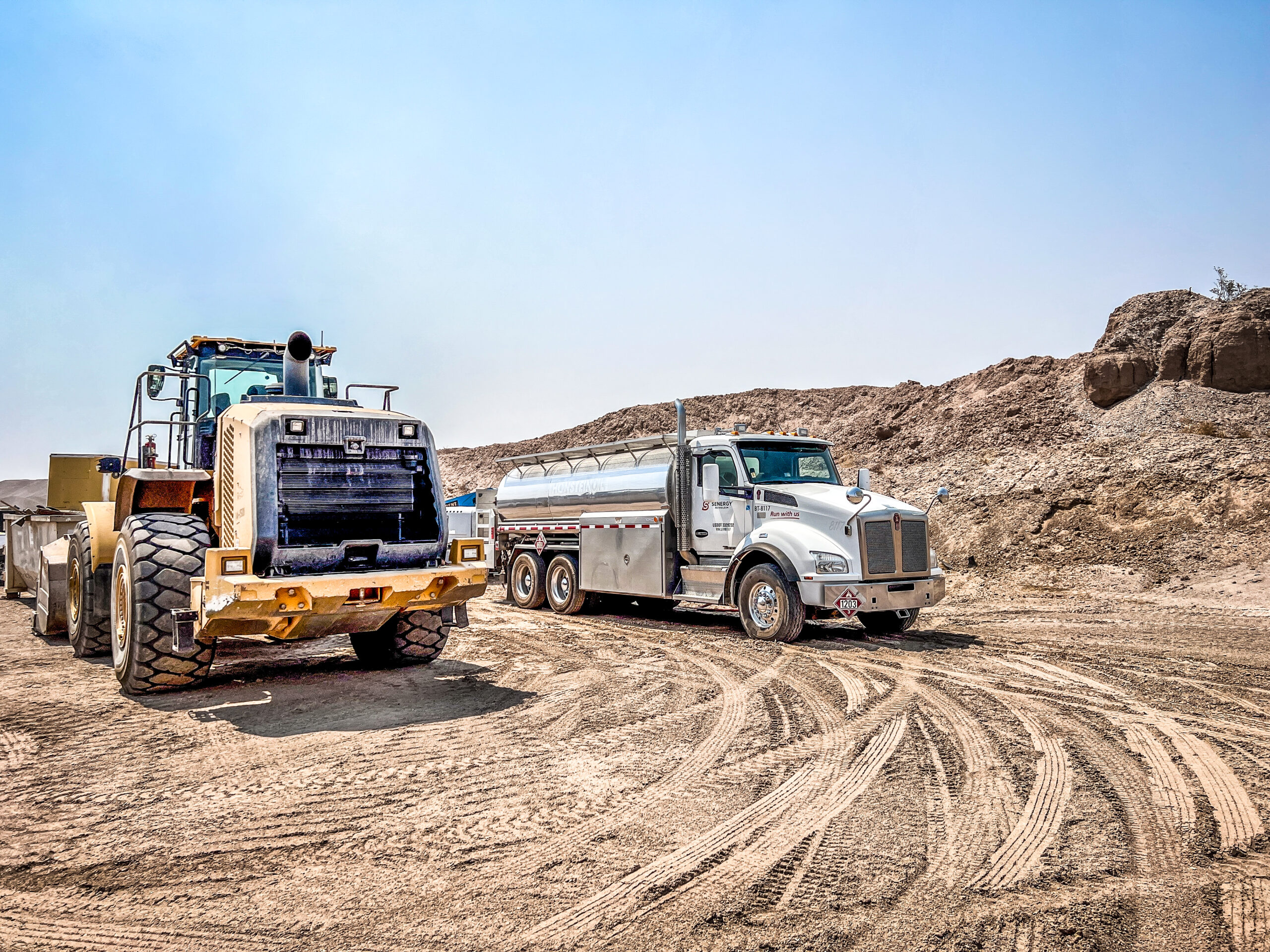The Link Between Fuel Quality and Equipment Lifespan
Fuel is the backbone of farm equipment, government fleets, construction operations, and other heavy equipment–driven industries. Low-quality or contaminated fuel doesn’t just slow productivity—it shortens the life of engines and critical systems. Over time, this leads to costly repairs, unplanned downtime, and premature equipment replacement. For transportation, construction, and farming operations, every gallon of clean, high-quality fuel acts as preventive maintenance. With reliable fuel, companies can maximize efficiency while reducing the risk of mechanical failure. In industries where uptime defines success, fuel quality is not optional—it’s essential protection for both equipment and profitability.
Why Engine Health Depends on Fuel Quality
The impact of fuel quality is felt most directly in engine health and critical components. Both diesel and gasoline engines rely on advanced fuel injection systems, combustion chambers, and filtration to perform efficiently. Contaminants such as grime, rust, or water compromise these systems, causing premature wear and early failure. For example, clogged injectors struggle to deliver the proper spray pattern, reducing combustion efficiency and straining engine performance. Low-quality fuel can also damage pistons and valves, leading to costly repairs and inefficient operation. Too often, businesses underestimate the cost of poor fuel until repeat repairs become unavoidable. Clean, reliable fuel helps protect sensitive parts, supports efficient combustion, and significantly reduces unplanned maintenance. Choosing high-quality fuel is ultimately an investment in longer engine life and lower operating expenses.
The Strategic Advantage for Equipment Reliability
Preparing equipment with clean fuel isn’t just about preventing breakdowns—it’s about ensuring long-term reliability. High-quality fuel allows engines to operate at peak efficiency, reducing friction, wear, and stress. Consistently supplying clean fuel means fewer clogged injectors, fewer failures, and greater overall dependability. For agriculture, where planting and harvest leave no margin for downtime, this reliability is invaluable. The same holds true for government fleets and road construction contractors, whose mission-critical schedules cannot afford interruptions from contaminated fuel. Clean fuel also supports stronger fuel economy, helping control operating costs over time. Far from being a cosmetic detail, fuel quality is a critical factor in protecting major equipment investments and gaining a strategic advantage in business operations.
Fuel Management: The First Step in Preventing Diesel Engine Wear
Preventing diesel engine wear begins with fuel that meets strict industry specifications. While durable, diesel engines are highly sensitive to water contamination and fuel fouling. Microbial growth caused by water can quickly clog filters and damage injectors, while sulfur and particulates create abrasive wear that shortens component life. Effective prevention requires two key practices: purchasing clean, tested diesel and maintaining clean storage facilities. Regular inspection of tanks for water accumulation, rust, and microbial growth is essential. Companies that prioritize fuel quality and proper storage practices see longer engine life, fewer unexpected repairs, and smoother day-to-day operations.


The Real Cost of Poor Fuel Quality
Substandard fuel directly impacts the bottom line. Engines damaged by dirty or poor-quality fuel require costly repairs or replacements, quickly straining operating budgets. Equipment breakdowns also create downtime, leading to lost production, delayed projects, and missed deadlines. In industries like agriculture—where timing is critical—every hour of downtime can result in significant revenue loss. Poor fuel quality further reduces efficiency, increasing consumption and fuel expenses. Over time, these hidden costs drain resources that could otherwise be invested in growth. By contrast, companies that choose high-quality fuel experience fewer maintenance issues, greater efficiency, and stronger overall productivity. While cleaner fuel may cost more upfront, the long-term savings and operational advantages make it a sound business decision.
Fuel Storage and Handling: The Forgotten Factor
Even with the best of fuel, it can get contaminated if not stored or handled well. A majority of businesses forget that good storage systems are essential to preserve fuel integrity. Water exposure, temperature changes, or dirtiness in tanks will spoil fuel well ahead of when it gets pumped into an engine. These contaminants find their way into equipment and cause failure and wear. An investment in sealed storage systems, the use of desiccant breathers, and tank cleaning will protect against this. Fuel must also be tested from time to time to ensure it meets performance specifications. Employee training in safe handling processes also prevents contamination risk. Talking about storage and handling as a spin-off of their fuel quality program, businesses save equipment and maintain fuel performance. Slips in the storage is an expensive error that dismantles even the best fuel purchase plan.
High-Quality Fuel: Driving Efficiency and Reliability
High-quality fuel provides advantages that go well beyond keeping engines running. Cleaner fuel supports smoother engine performance, greater power output, and improved fuel economy—all of which enhance operating efficiency. For farmers, contractors, and fleets, these benefits translate into stronger reliability and reduced operating costs. Businesses that prioritize fuel quality protect their equipment, safeguard productivity, and maintain a competitive edge. Simply put, quality fuel is a direct investment in the bottom line and long-term operational success.
Fueling Reliability and Long-Term Success
The best way to ensure a steady supply of clean, high-quality fuel is by partnering with a trusted supplier. Beyond delivery, the right partner provides testing, monitoring, and fuel management programs that protect equipment and reduce costs. For farmers, contractors, fleets, and station owners, this means greater reliability and long-term success. Choose quality fuel, choose lasting performance—Run With Senergy.

